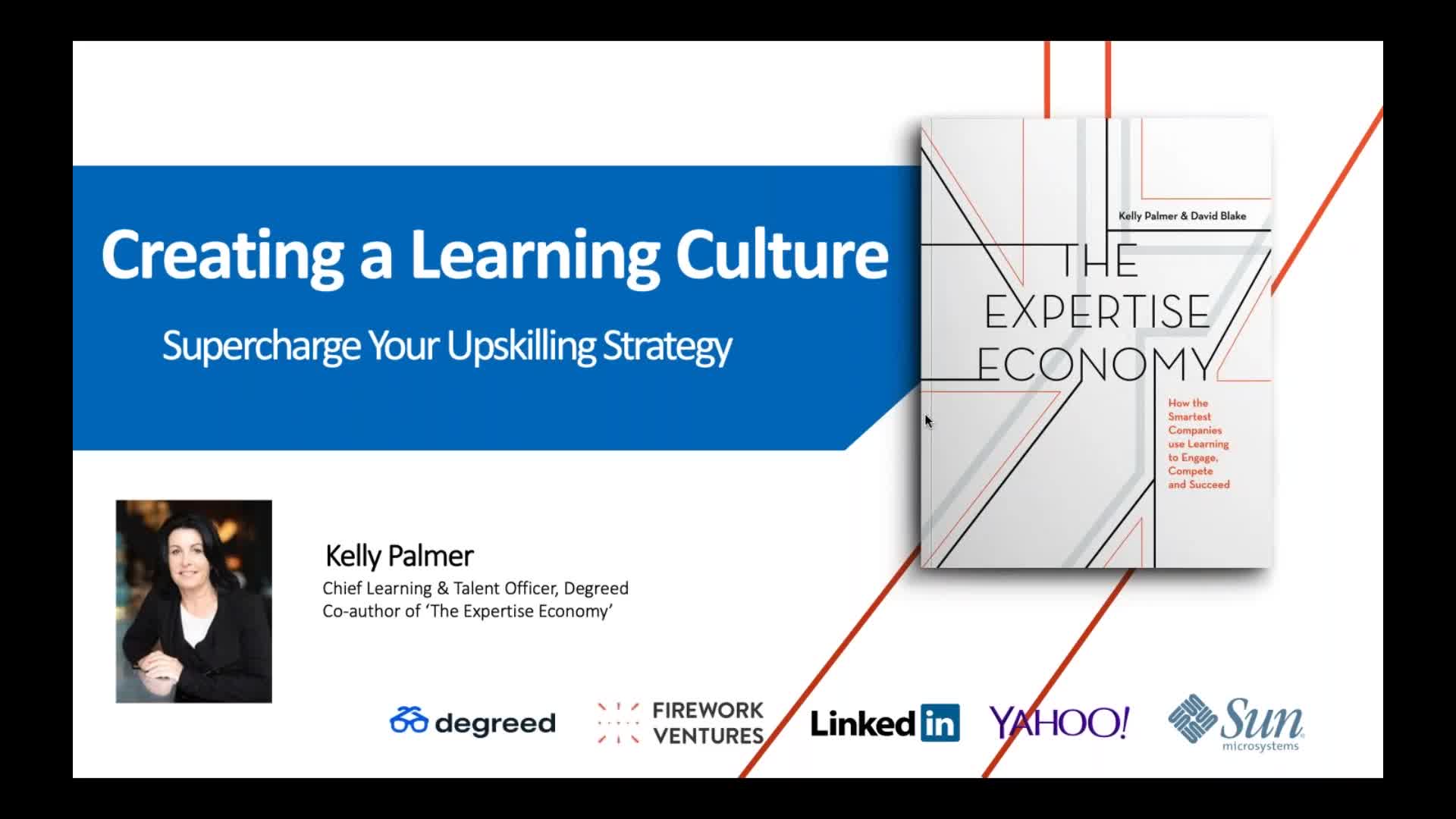Accéder au contenu principalPour les entreprises





Haut-parleurs

Kelly Palmer
Chief Learning and Talent Officer at Degreed
Formation de 2 personnes ou plus ?
Donnez à votre équipe l’accès à la bibliothèque DataCamp complète, avec des rapports centralisés, des missions, des projets et bien plus encoreConnexe
white paper
What 300+ L&D Leaders Have Learned About Building Data Fluency
Learn all about how to build a data-fluent culture and the wins you can unlock.webinar
Building Data Literacy with DataCamp
Learn about DataCamp’s revised data literacy curriculum.webinar
How Learning Communities Can Drive a Data Culture
How Learning Communities Can Drive a Data Culturewebinar
Building Resilient Learning Cultures
Building Resilient Learning Cultures - With Janice Burnswebinar
How a Culture of Continuous Learning Fuels Data Innovation
How a Culture of Continuous Learning Fuels Data Innovationwebinar
CDO Panel—The Critical Task of Building Data Culture
In-depth discussion on the critical importance of building data cultures.Join 5000+ companies and 80% of the Fortune 1000 who use DataCamp to upskill their teams.
Loved by thousands of companies
